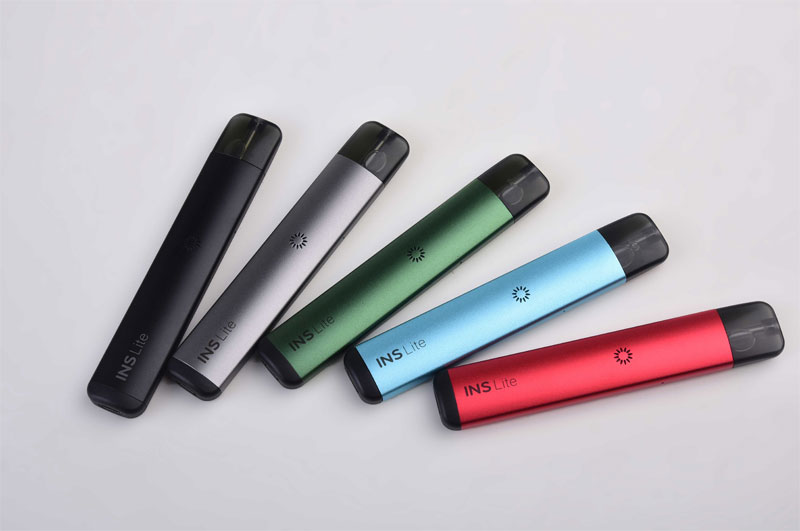The Consequences for Vaping Enthusiasts Due to Taiwan’s E-Cigarette Importation Restriction
In recent years, the popularity of e-cigarettes has surged globally, providing an alternative to traditional tobacco smoking with the promise of fewer health risks. However, Taiwan has implemented stringent restrictions on the importation of e-cigarettes, raising concerns among vaping enthusiasts and businesses involved in the sector. This import ban reflects Taiwan’s commitment to public health but simultaneously creates challenges for those who rely on vaping as an alternative or as part of their lifestyle.
Understanding the regulatory landscape can help users and businesses navigate the complexities of this decision. The government’s rationale behind the prohibition is primarily health-centric, focusing on the lack of comprehensive studies proving the long-term safety of vaping products. Authorities emphasize the need to control the burgeoning market, preventing untested products from inundating the region.
Moreover, the impact of this policy is multifaceted, affecting various segments within the vaping community. Local vendors have faced inventory shortages, leading to increased prices for available goods, while consumers encounter limited choice. For enthusiasts seeking specific brands or flavors not produced domestically, the ban represents a significant setback.
- Market Adaptation: Vendors and businesses must adapt by sourcing products that comply with local regulations, focusing on legal avenues like domestic manufacturing.
- User Adaptation: Consumers might resort to DIY e-liquid solutions, although this poses safety concerns regarding ingredient sourcing and product quality.

Beyond the immediate economic implications, this ban poses questions regarding personal freedom and public health responsibility. Although the restriction aims to curtail potential health hazards, it inadvertently fuels the black market, where unregulated products could pose even greater risks.
The Taiwanese government’s stance has sparked debates among public health experts and libertarians alike, with discussions revolving around the balance between individual rights and societal well-being.
As the vaping community reorganizes within these new constraints, advocacy groups continue to lobby for modified regulations that accommodate safer imports and foster transparency in product testing standards.
Frequently Asked Questions
Why did Taiwan ban e-cigarette imports?

The primary reason is public health concerns, stemming from the absence of long-term studies on the safety of vaping products and fears over youth access.
Are there any legal alternatives to imported e-cigarettes in Taiwan?
Yes, consumers can access domestically produced e-cigarettes, though they may find fewer options compared to international brands.
What impact does the ban have on local businesses?
Local suppliers face challenges such as inventory shortages and increased pressure to innovate, which might result in higher prices or limited product availability.
In conclusion, while Taiwan’s e-cigarette import ban aims to protect public health, it also challenges vaping enthusiasts to adapt to a changing market landscape. Through innovation and advocacy, the community seeks to find a balance between safety concerns and personal freedom.
